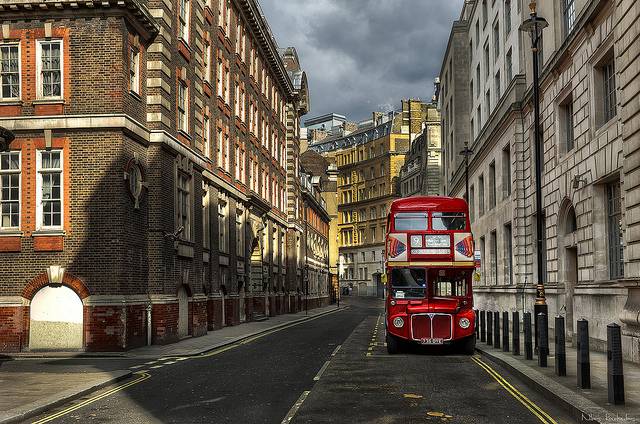
Recent statistics which reveal that average London house prices have fallen by 2.9 percent in the last year, have begun to trouble landlords and investors across the UK It is in the wake of political uncertainty surrounding Brexit and the introduction of punishing tax reforms that the buy-to-let and sales market in both London and the rest of the UK have plummeted. The report, which analysed house prices for luxury properties worldwide, placed London poorly compared to the capital’s counterparts.
As Brexit negotiations unfold and the future relationship between the UK and the European Union remains undetermined, landlords and investors have chosen to postpone all activity until a clearer picture is painted post-Brexit. London has suffered the consequences of these uncertainties more than any other major city in the UK, and paired with the changes to stamp duty tax, the future of the market is worrying.
Property prices in the once booming London market are now trading between 10 to 20 percent below their record-high 4 years ago, and the alarming trends are only expected to worsen in the following months. Despite the current unsettling trends and punishing reforms, the market had begun to stabilise and somewhat prosper in previous years. However with the departure of the UK from the EU on the horizon, it could be a long time before London regains its title as an unrivalled buy-to-let and property sale hotspot.
The report, which placed London 38th in a list of 43 global destinations when analysing luxury house prices, awarded Singapore the top spot with an average house price growth of 13.1 percent in the last 12 months. Edinburgh closely followed with a growth in the housing market of 10.6 percent, and Madrid took third place with a rise of 10.1 percent.
Claim up to $26,000 per W2 Employee
- Billions of dollars in funding available
- Funds are available to U.S. Businesses NOW
- This is not a loan. These tax credits do not need to be repaid
However it’s not just Brexit uncertainties that have led to the worrying fate of the London property market, as savage tax reforms and the changes to mortgage interest relief continue to dampen the enthusiasm of landlords. Investors are still recovering from punishing changes to stamp duty tax in 2016, with a 3% surcharge being added. This meant that landlords purchasing a secondary home for buy-to-let purposes would now be required to pay additional tax to meet new demands set out by the government. Landlords with an exclusive London property portfolio would bear the brunt of these changes due to the high entry costs required by the market.
Changes to mortgage interest relief further crippled the buy-to-let London property market in the following year, with landlords no longer able to claim their mortgage interest against income tax on rent. As of 2020, landlords will only be able to claim a 20 percent tax credit on mortgage interest paid, and this is expected to result in a heftier tax bill.
Some areas in London have undoubtedly suffered more than others, with an average house price decrease of 7.6 percent in Westminster and 6 percent in Hammersmith, according to the Office for National Statistics. The daunting trends however have not been seen throughout every borough in London, with Kensington and Chelsea boasting a 4.1 percent rise in house prices, followed by a modest 1.5 percent rise in Greenwich.
Until Brexit negotiations come to a close and the growing gap between landlords and the law is bridged, it is simply a waiting game to see what the future holds for the London property market. Despite troubling statistics, the revenue London generates from the tourism and leisure sectors is unprecedented, and the capital has not yet lost its popularity amongst international stakeholders.
Author Bio
Fletcher Day are a full service commercial law firm in London, with an experienced team of property lawyers in London who specialise in acquisitions, financing, licensing and landlord and tenant matters.



